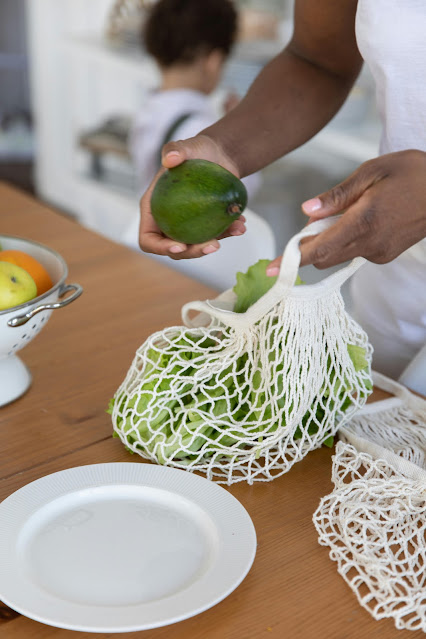Introduction
In a world drowning in plastic waste, one family decided to take a bold step—eliminating plastic from their lives completely. What started as a New Year’s resolution turned into a transformative journey filled with challenges, lessons, and unexpected victories.
This is the story of how the Greenwoods—a family of four—went plastic-free, the obstacles they faced, and the incredible benefits they discovered along the way. If you’ve ever considered reducing your plastic footprint, this guide will inspire you with practical tips, real-life struggles, and proven solutions to live a more sustainable life.
Why Go Plastic-Free? The Shocking Truth About Plastic Pollution
Before diving into their journey, it’s important to understand why plastic pollution is a crisis:
8 million tons of plastic enter the oceans every year (National Geographic).
Only 9% of plastic waste is recycled (EPA).
Microplastics have been found in human blood, food, and even breast milk (WHO).
The Greenwoods realized that their small daily choices—plastic bags, straws, packaging—were contributing to this global disaster. So, they committed to a plastic-free lifestyle.
The First Challenge: Identifying Hidden Plastics
Most people don’t realize how much plastic surrounds them until they try to avoid it. The Greenwoods’ first hurdle was discovering hidden plastics in everyday items:
✅ Toothbrushes (plastic handles)
✅ Tea bags (often contain plastic fibers)
✅ Clothing (synthetic fabrics shed microplastics)
✅ Canned foods (liners contain BPA)
Solution: They switched to bamboo toothbrushes, loose-leaf tea, organic cotton clothes, and fresh produce instead of canned goods.
Grocery Shopping Without Plastic: Mission Impossible?
Supermarkets are plastic minefields. The Greenwoods had to rethink their entire shopping strategy:
1. Bulk Stores & Farmers’ Markets
They started buying grains, nuts, and spices in bulk using glass jars and cloth bags.
2. DIY Alternatives
Made their own yogurt (instead of buying plastic tubs).
Used beeswax wraps instead of cling film.
3. Reusable Everything
Stainless steel straws
Glass containers for leftovers
Cloth produce bags
Biggest Struggle? Finding plastic-free toilet paper and shampoo. They eventually discovered package-free shampoo bars and bamboo toilet paper.
Social Challenges: Dealing with Skepticism & Peer Pressure
Not everyone understood their mission. Friends and family often asked:
❌ “Isn’t this too extreme?”
❌ “Does it even make a difference?”
How They Responded:
Shared documentaries like The Story of Plastic to educate others.
Hosted a plastic-free potluck to show how easy (and delicious) sustainable living could be.
The Unexpected Benefits of Going Plastic-Free
Despite the challenges, the Greenwoods experienced amazing benefits:
1. Healthier Living
No more BPA and phthalates from plastic containers.
Ate more whole foods (less processed, packaged junk).
2. Saved Money
Buying in bulk = lower costs.
DIY products = less waste, more savings.
3. Stronger Family Bond
Working together on this mission brought them closer. Their kids even started a school project on plastic pollution!
5 Practical Tips to Start Your Plastic-Free Journey
Inspired? Here’s how you can begin:
1. Start Small
Swap one plastic item at a time (e.g., switch to a metal water bottle).
2. Shop Local & Seasonal
Reduces plastic packaging and supports farmers.
3. Embrace Second-Hand
Buy used toys, clothes, and furniture to avoid new plastic.
4. Join a Zero-Waste Community
Facebook groups, Reddit forums, and local meetups offer support and ideas.
5. Celebrate Small Wins
Every plastic-free choice makes a difference—even if it’s just refusing a straw.
Conclusion: Is a Plastic-Free Life Possible?
The Greenwoods proved that yes, it is—but it takes commitment, creativity, and patience. They didn’t achieve perfection overnight, but their journey shows that small changes add up to big impact.
Final Thought:
“We don’t need a handful of people doing zero waste perfectly. We need millions doing it imperfectly.” – Anne Marie Bonneau


0 Comments